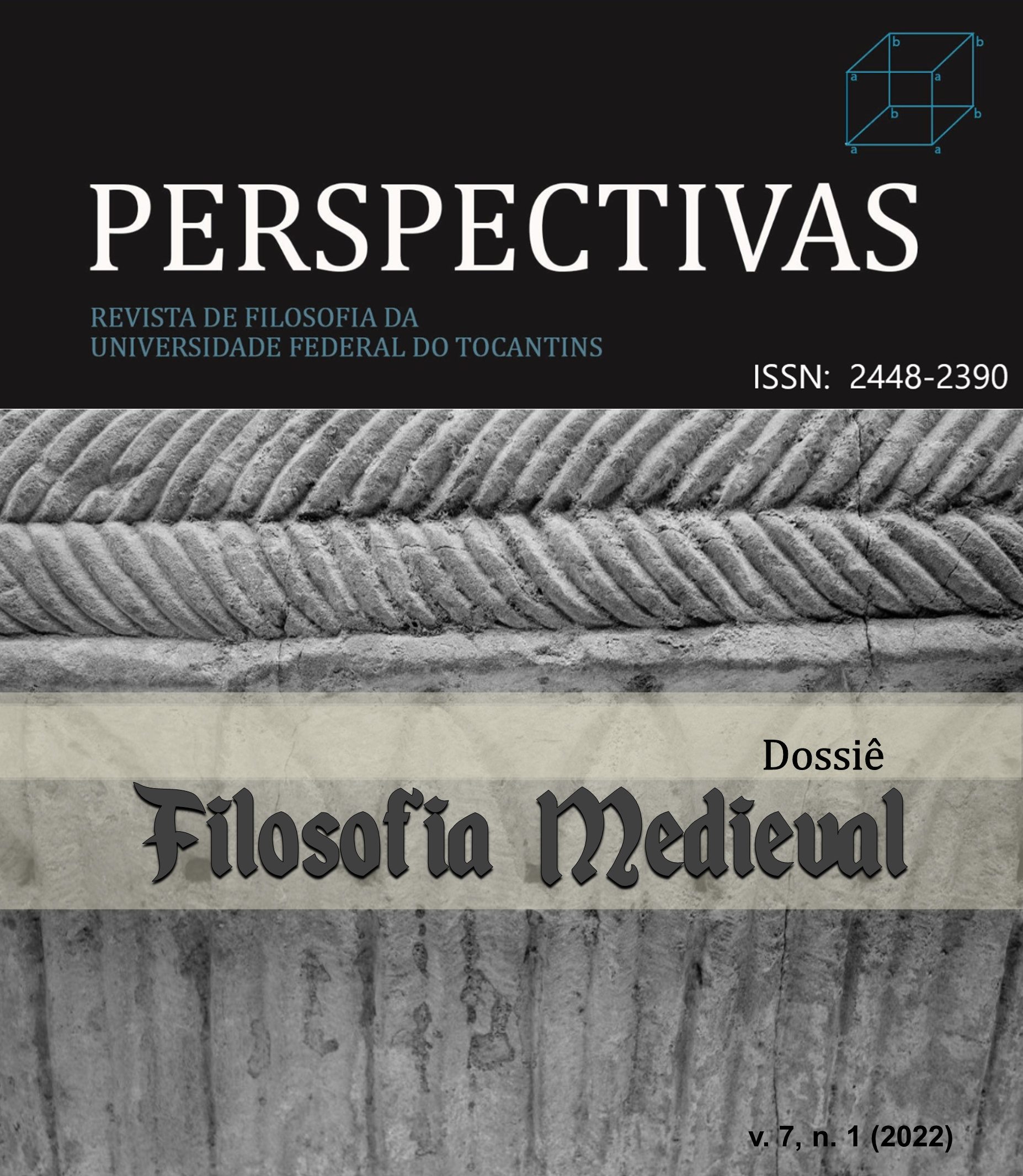The theophanic argument: another reading of Anselm of Canterbury
DOI:
https://doi.org/10.20873/rpv7n1-29Abstract
This paper re-reads the meaning and tenor of Anselm's argument in light of his life, which offers a rich perspective on the famous formula Deus est aliquid quo nihil majus cogitari possit – commonly translated, "God is something of which nothing greater can be thought". It will only receive its true meaning for today as it describes the common experience that is intended here [(I) hermeneutics] and shows the kind of manifestation that is considered here [(II) phenomenology]. In the light of this double reading - hermeneutic and phenomenological - the celebrated argument of the Proslogion will again find its true relevance for our time. Avoiding the restriction to its purely confessional (K. Barth, M. Corbin) or entirely secular (R. Roques, P. Vignaux, A. de Libera, K. Flash, etc.) readings, it is convenient to give it back its "theophanic" content, so that it can be seen by all through the prism of a lived experience, be it only conceptual or also religious. There is mysticism in philosophy pure and simple, if we extend it to a kind of experience that involves us completely.
Downloads
Published
How to Cite
Issue
Section
License
The Magazine is under the Creative Commons Attribution 4.0 International Public License (CC BY 4.0), according to which:
1) The authors retain the copyright and grant the journal the right of first publication, with the work simultaneously licensed under the Creative Commons Attribution which allows the sharing of articles published with the recognition of authorship and initial publication in this journal.
2) Authors are authorized to enter into additional contracts separately for distribution of the version of the work published in this journal, as long as there is recognition of authorship and initial publication in Perspectivas.
3) Authors are authorized and encouraged to disseminate published texts with proper references to the journal and its authors.





















